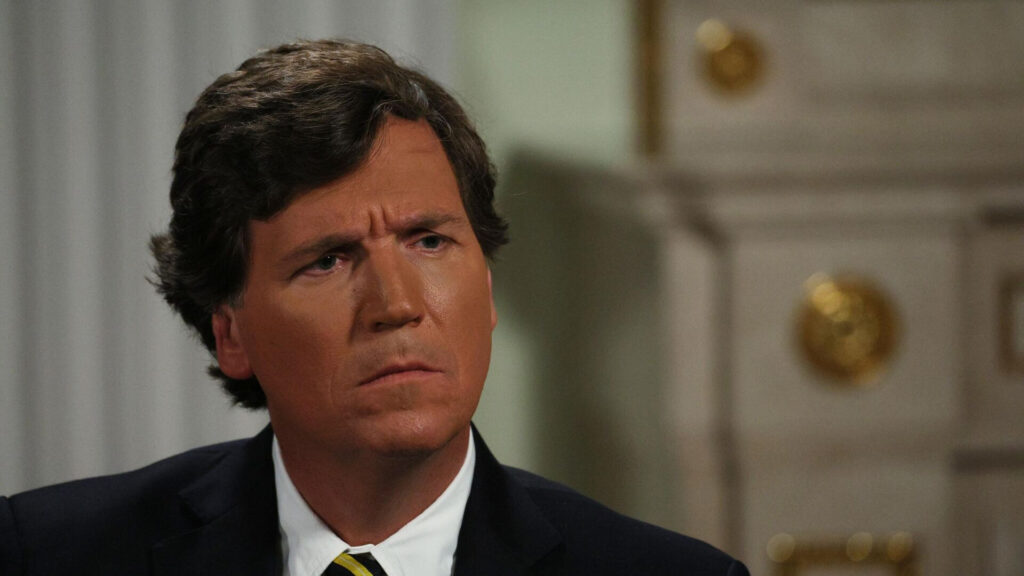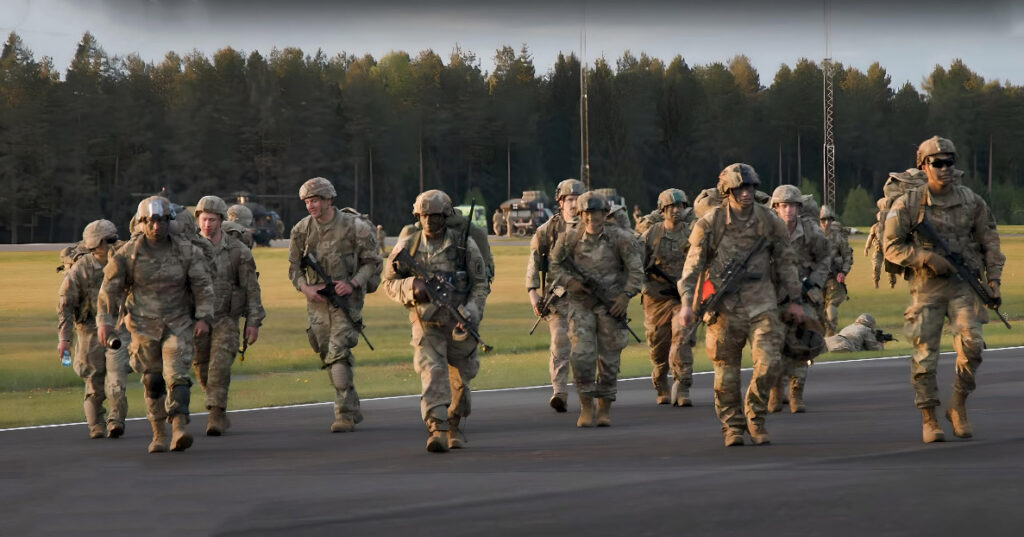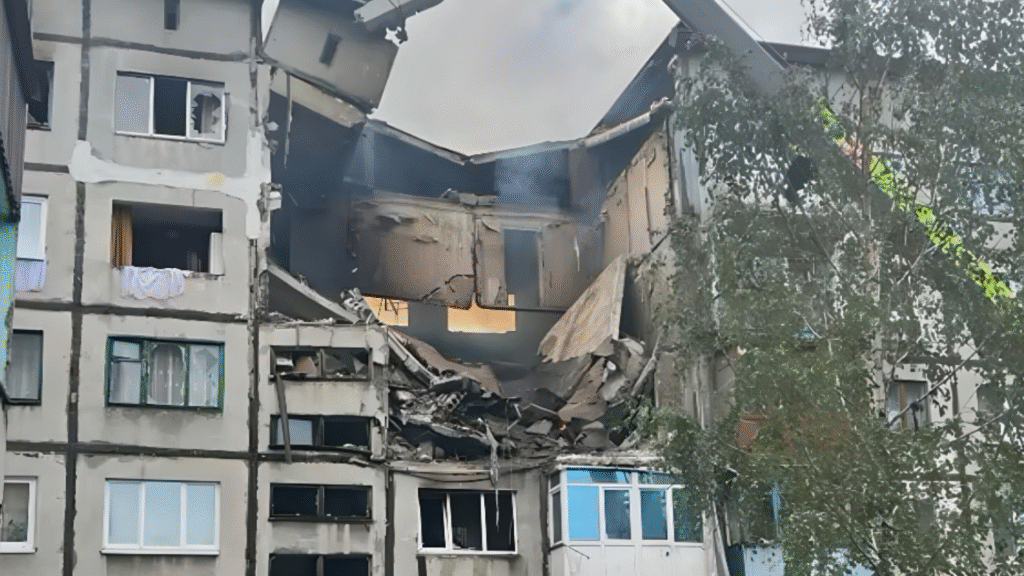A fiery public feud has erupted between two prominent figures in American politics, exposing deep divisions over the prospect of U.S. involvement in a rapidly escalating Middle East conflict. The clash, which unfolded over the past 48 hours, has gripped the nation’s attention, with social media and news outlets amplifying a debate that could shape the country’s foreign policy trajectory.
On June 16, during a heated segment on War Room, conservative commentator Tucker Carlson delivered a stark warning about the risks of U.S. military engagement in the intensifying Iran-Israel conflict. Drawing parallels to the Iraq War, Carlson argued that entering another Middle Eastern conflict could spell disaster for an already strained nation. “We’re broke, divided, and exhausted,” he said, urging leaders to prioritize domestic challenges over foreign wars. While reaffirming his support for the current administration, Carlson cautioned that a full-scale war with Iran could unravel its entire agenda, plunging the economy into further chaos.
The response was swift and unsparing. Taking to Truth Social, President Donald Trump fired back, labeling Carlson’s remarks “unhinged” and emphasizing that a nuclear-armed Iran represents an unacceptable global threat. “We cannot sit back and let chaos spread,” Trump wrote, doubling down on his hardline stance. The exchange has sparked a firestorm online, with some praising Carlson’s call for restraint as a voice of reason, while others accuse him of undermining national security at a critical moment.
The dispute comes as the Middle East teeters on the brink of a broader war. Israel’s ongoing airstrikes on Iranian military targets, including nuclear facilities, have triggered a fierce response. Iran has retaliated with waves of missiles and drones, devastating key urban centers. Reports estimate hundreds of casualties, with infrastructure damage reaching catastrophic levels. The Islamic Revolutionary Guard Corps has vowed further attacks, sending shockwaves through global markets and heightening fears of a wider conflict.
In Washington, the debate over U.S. involvement is gaining urgency. Kentucky Representative Thomas Massie has introduced a resolution to require Congressional approval for any military action against Iran, a move that has unexpectedly garnered bipartisan support, including from progressive figures like Alexandria Ocasio-Cortez. This rare cross-party alignment underscores growing unease about the prospect of another protracted war, particularly as the U.S. grapples with economic pressures and political polarization.
While the U.S. has not directly entered the conflict, its role is far from neutral. Intelligence sharing, missile defense systems, and a bolstered naval presence in the Mediterranean signal deep involvement, even if behind the scenes. Public sentiment, however, appears increasingly wary of entanglement, with polls suggesting a majority favor avoiding direct military action.
The Trump-Carlson spat is more than a personal rift—it’s a microcosm of a broader struggle over America’s role in a volatile world. As the Middle East crisis deepens, the question of whether the U.S. can afford another war, both financially and politically, looms large. This high-stakes debate is set to define not only the administration’s legacy but also the nation’s path forward in an era of global uncertainty.



